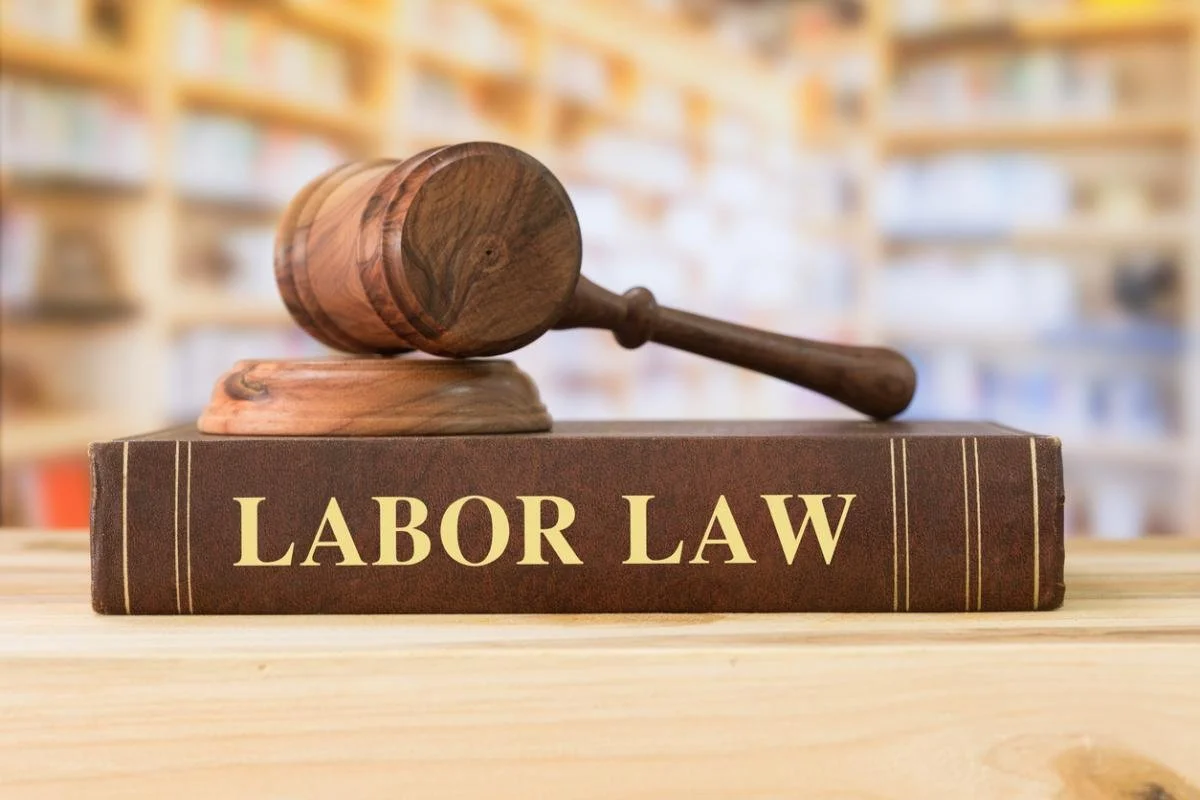$1.3 Million Settlement to Settle Glasswerks L.A. Unpaid Wages Lawsuit
/California employees claimed another victory in a recent unpaid wages lawsuit, Fajardo v. Glasswerks L.A. The commercial glass manufacturer agreed to pay $1.3 million to resolve the class action filed on behalf of workers who claim the company failed to pay overtime and provide meal and rest breaks.
The claims apply to employees working for Glasswerks L.A. between 2012 and 2018 and affects more than 1,000 current and former employees. Each will end up receiving approximately $800, but some will see as much as $2,400 as a result of the settlement. Plaintiffs in the case claim the company shorted them on overtime and failed to provide meal and rest breaks and required by California Labor Law.
Parties settled the case through private mediation with few details offered to the public. In spite of the lack of information, the settlement supports the continued efforts of the California courts to protect the rights of employees and their legally protected pay.
According to California Labor Law, nonexempt employees are entitled to overtime when they work over eight hours in one day or 40 hours in one week. Nonexempt workers are entitled to a 30-minute uninterrupted, duty-free meal break when they complete more than 5 hours in a shift (on one workday) as well as a 10-minute uninterrupted, duty-free rest break for every 4 hours worked. While the rules seem straightforward, there are often complications. Most confusion regarding these specific labor laws come from the determining who is covered by the protections of the law and which hours count. For instance, independent contractors (rather than employees of the company) do not receive wage and hour law protections. Managerial employees are also exempt.
Another common issue for California wage and hour law involves determining which hours should be counted when determining how many hours an employee has worked in one workday or how many hours they have worked in one workweek. (According to the law, more than 8 hours in one day or more than 40 hours in one workweek require employees to provide overtime compensation). According to recent California court decisions, employers should include small amounts of off-the-clock work time when counting employee hours towards overtime totals. On-call time should also be included even when the employee is not required to be present on the job site. For instance, employees who are required to be on-call at night must be paid for their time even if the employee is asleep during their time on call. Employees asked to take care of simple tasks while on lunch break must have their time count toward wage and overtime calculations and payment.
If you have questions about why you are not receiving overtime pay you are due, or if you have experienced other California Labor Law violations in the workplace, please get in touch with one of the experienced California employment law attorneys at Blumenthal Nordrehaug Bhowmik De Blouw LLP. We have the experience you need on your side to protect your wage and hour rights and help you gain the compensation you deserve.









